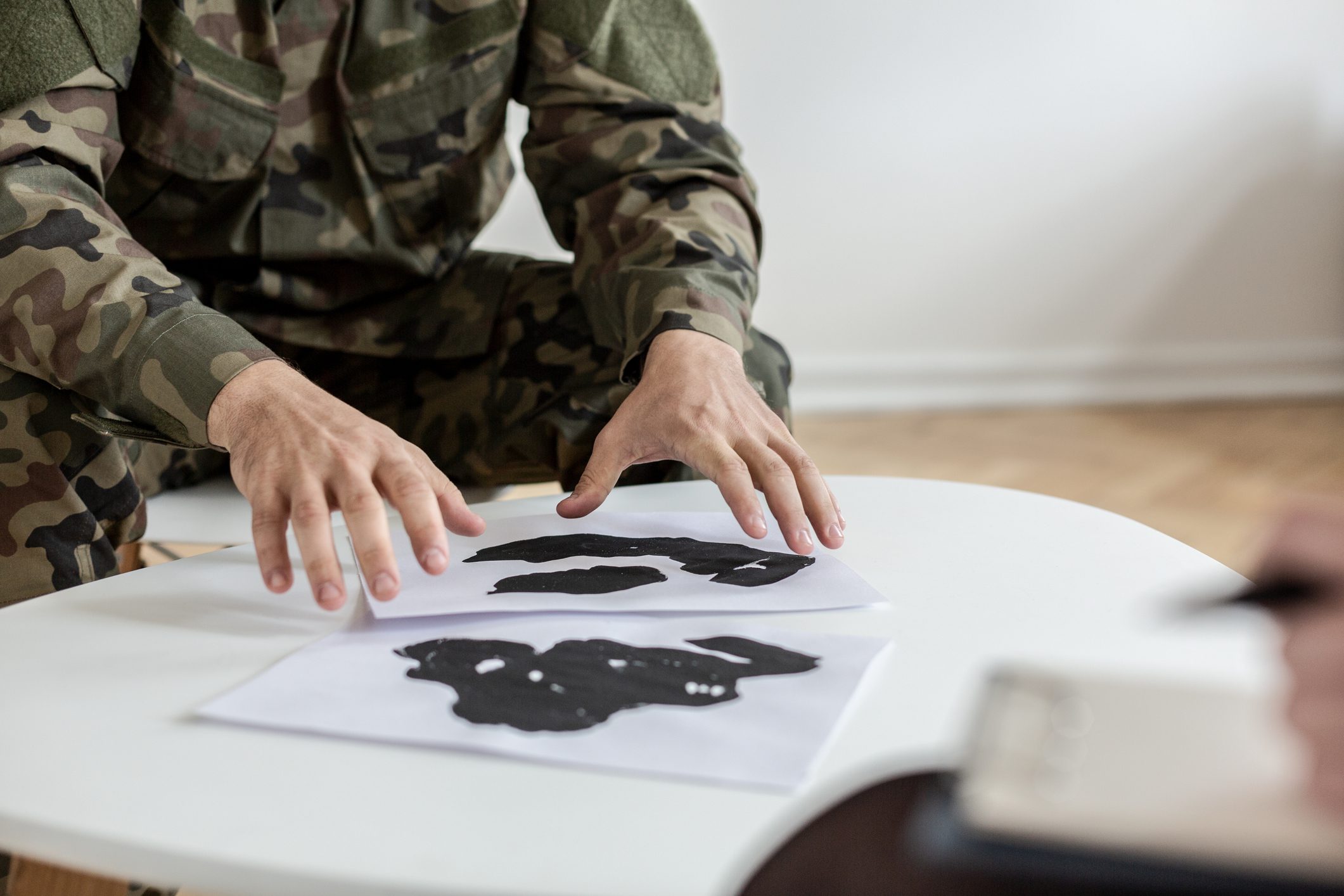Trauma Counselling
Are you being affected by past traumatic events?
-
Are past traumatic events having an impact on your life now?
-
Feeling like you are re-living the actual traumatic event?
-
Wondering if you can ever overcome your fear of it happening again?
When you contact us, we will help you choose the best match for your situation from our team.
We are open daytime and after hours, Monday to Saturday, including evenings.
We can also be contacted on (02) 9683 1444.
What is trauma?
Traumatic events can include: near-death experiences; witnessing someone being killed; or suffering from torture, domestic violence, physical or emotional abuse, childhood abuse and many other forms of abuse. It can include the experience of trauma on a regular basis or as a single incident.
These things can come as a shock to us when they occur. Life can throw us curve balls, which can lead to stress reactions. We may experience loss or trauma due to these experiences.
Trauma is like emotional whiplash in which someone’s core being is injured. Terrible things can sometimes happen in life. Some things can feel out of our control.
In the physical sense, trauma relates to injury or the impact of an injury to a certain body part. The same kind of impact can occur on an emotional or psychological level. The pain and trauma felt in this way are not so visible and a bit trickier to identify in yourself and other people.
Common types of trauma
However, sometimes it can lead to severe feelings of fear and anguish that stay with us for a long time. These feelings can start to interfere with the ability to work and study, relationships and day-to-day life. When this happens, we need help to get through it.
Complex trauma is different from the trauma of a single incident. Single incident trauma is associated with post-traumatic stress disorder (PTSD). Survivors of complex trauma may experience PTSD and are at increased risk of PTSD. Yet the impacts of complex trauma are more extensive and debilitating than those of PTSD alone.
Complex trauma is associated with long-term exposure to multiple traumatic events, usually during early childhood. These events are severe, pervasive and interpersonal in nature, such as abuse or profound neglect. They can disrupt many aspects of a child’s development and the formation of a sense of self.
Symptoms of complex trauma are similar to the symptoms of PTSD. Complex trauma can cause problems with memory and disrupt the development of a person’s identity and their ability to control emotions and form relationships with others.
People affected by complex trauma often find it difficult to trust others or regulate their levels of arousal and behaviour. Most people with complex trauma have severe dissociative symptoms.
See counselling for abuse for more information.
Vicarious trauma is when someone has a trauma response to something they did not experience first-hand. For example, they may have witnessed a traumatic event or heard someone else talk about such an event.
Vicarious trauma can have as profound an effect as though that person experienced the trauma first-hand.
This type of trauma can also occur in first-response professionals or health professionals.
Some examples are:
-
Police
-
Ambulance staff
-
Crisis counsellors
-
Domestic violence or sexual assault counsellors

Common responses to trauma
Trauma can affect someone in the following ways:
-
It can affect our sense of safety and security in the world
-
It can alter our ability to make and maintain relationships
-
It can lead to mental illness, such as anxiety or depression
-
It can affect the ability to function in their everyday lives
